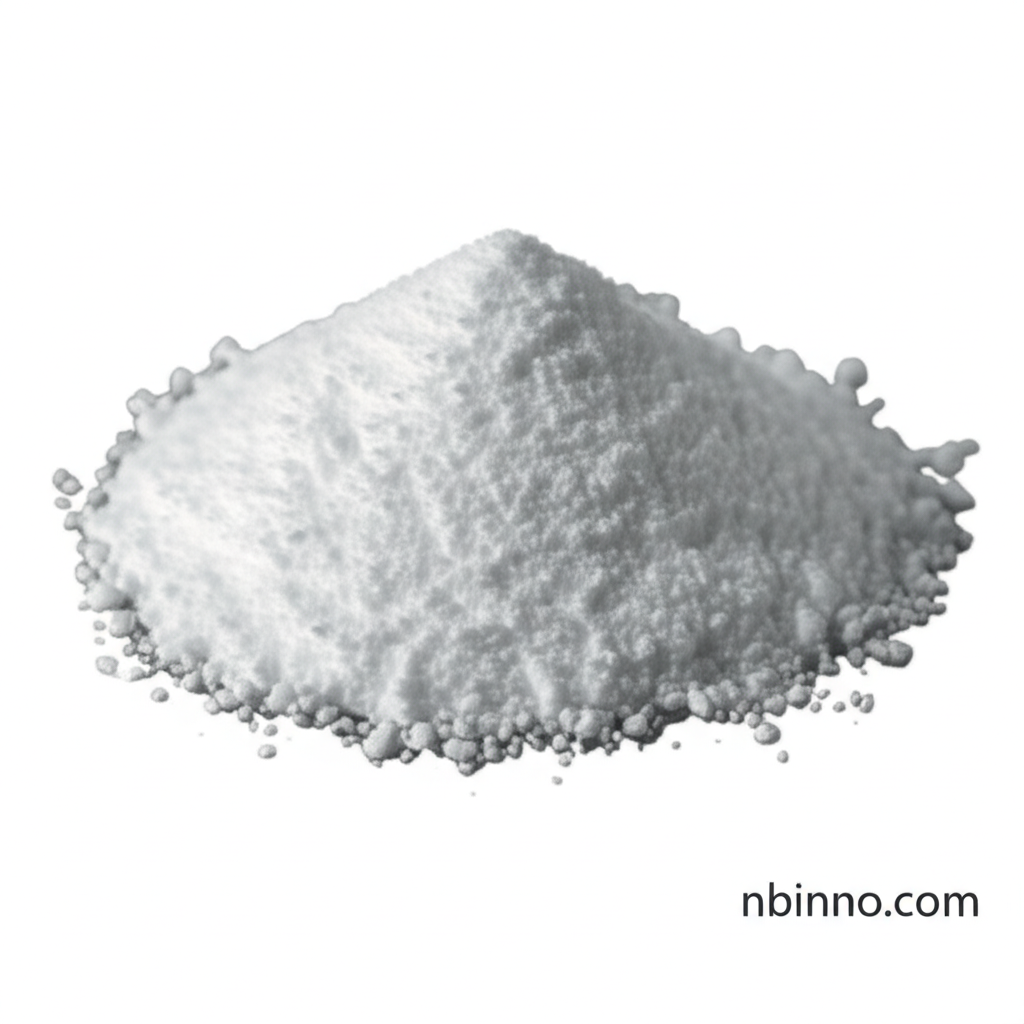Unlock Efficient Peptide Synthesis with HBTU
Discover the power of HBTU for high-yield, low-racemization peptide bond formation in your research.
Get a Quote & SampleProduct Core Value

O-(Benzotriazol-1-yl)-N,N,N',N'-tetramethyluronium Hexafluorophosphate
HBTU is a highly effective coupling reagent, indispensable for achieving high yields in peptide synthesis. Its unique chemical structure allows for efficient activation of carboxylic acids, facilitating the formation of peptide bonds with minimal racemization, a critical factor for the integrity of synthesized peptides.
- Explore efficient peptide bond formation using HBTU, a key reagent in peptide synthesis.
- Achieve low racemization during peptide synthesis by employing this reliable amino acid coupling reagent.
- Benefit from the stability and reactivity of tetramethyluronium hexafluorophosphate in your advanced peptide coupling techniques.
- Learn about HBTU synthesis applications and its advantages in solid phase peptide synthesis protocols.
Key Advantages Offered
Exceptional Yields
HBTU is renowned for facilitating exceptional yields in peptide synthesis, making it a go-to choice for researchers aiming for reproducible and successful outcomes. This efficiency directly supports reliable peptide synthesis yields.
Racemization Control
Minimizing racemization is paramount in peptide synthesis. HBTU, often used with additives, excels in controlling enantiomeric integrity, ensuring the quality of your synthesized peptides.
Versatile Application
Whether in solid phase peptide synthesis or solution-phase methods, HBTU demonstrates versatility. Its properties make it suitable for various peptide synthesis reagents and strategies.
Key Applications
Peptide Synthesis
HBTU is a cornerstone reagent in both solid phase and solution phase peptide synthesis, enabling the formation of crucial peptide bonds efficiently.
Amide Formation
Beyond peptides, HBTU facilitates the formation of amide bonds, a fundamental reaction in organic chemistry, supporting diverse synthetic routes.
Ester Formation
The reagent's reactivity also extends to ester formation, broadening its utility in synthetic chemistry and related biochemical reagent applications.
Biochemical Research
For those focusing on amino acid chemistry and innovations, HBTU serves as a critical tool in developing novel peptides and biochemical molecules.
